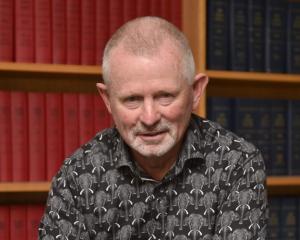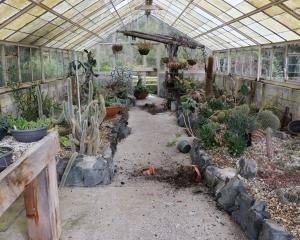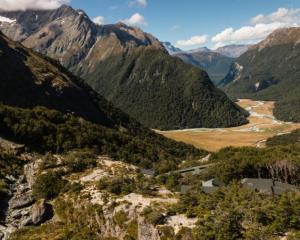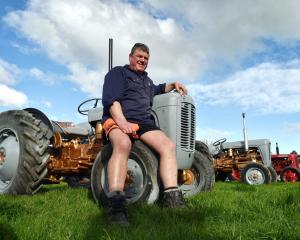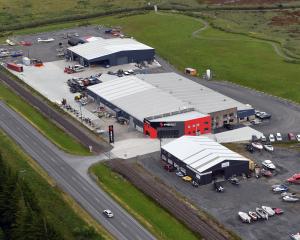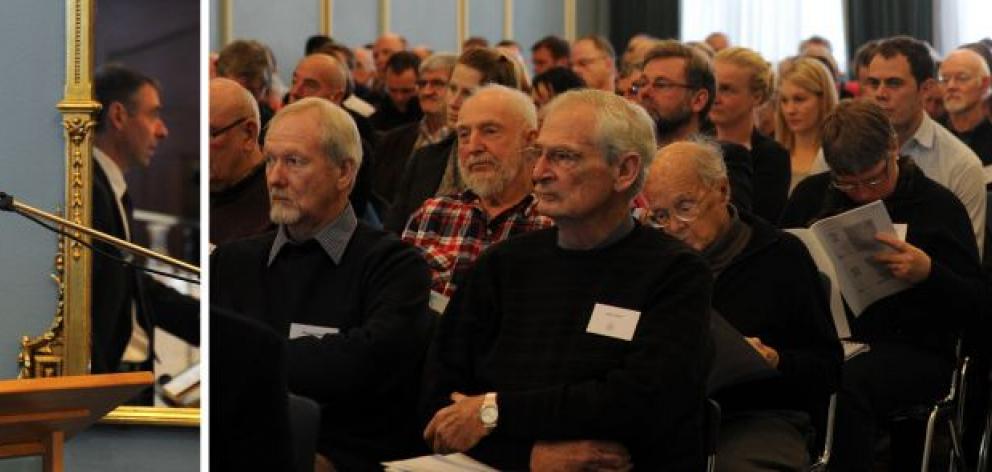
The rules were explained at a stakeholders' forum in Dunedin yesterday and a series of public workshops will be held throughout the region next month, starting in Roxburgh and Wanaka on Tuesday.
The plan changes on prohibited activities and sediments rules were already in force but requirements about nutrient levels in run-off would not come in until 2020. Chairman Stephen Woodhead said plan change 6A's approach had aroused a lot of interest, not just in Otago but nationwide, and many people were watching to see if the new way of regulating would work.
''Those who prefer highly regulated land use approaches are already sceptical and will take some convincing ...
''I hope that, like me, this makes you even more determined to prove them wrong,'' he told landowners.
The rules might not be perfect ''but they are what we have agreed and they are there now to put into practice''.
''We have no other option than to make this regime work,'' he said. Council chief executive Peter Bodeker encouraged landholders to actively monitor their water quality before 2020, to ensure compliance with the plan.
The ORC, over the next three to four years, would undertake an assessment of compliance of the water quality rules and thresholds across all properties in Otago.
Aerial inspections, as well as on-the-ground inspections, would soon become more frequent, Mr Bodeker said.
The council's emphasis was on education, working alongside individuals and industry groups to maximise landholder knowledge of what was required of them.
Several factors would be used to determine the long-term frequency of compliance inspections and the details of how compliance frequency was to be assessed would be discussed with industry as the ORC developed and reviewed its protocols over the next two or three years.
''We don't want to dictate how landowners manage their farms, orchards or forests. However, we do expect those with this responsibility to look at their management practices, and to ensure that the resulting quality of the water that leaves their property is of a sufficient quality to as comply with the plan.
''If that happens, we won't be in your lives. If it's not, we have a duty both to the property owners who have got it right, and to the rest of the community, to take the necessary remedial action,'' he said.
The council had a ''big enough job'' to do to assist landholders to know if they were compliant. There were ''plenty of other people out there'' who would assist them become compliant.
''Please try to work out if you are as soon as you can,'' he urged.
Phill Hunt said there was some scepticism and concern in the Hawea community about the policy and the community wanted to know what results would be made public.
Mr Bodeker said the council would love the landholders to do the data collection and then it was ''their data''.
''To me, an individual farmer needs to do their own monitoring. That's the critical thing. It's your farm and farm management system that's being monitored, not the community,'' he said.
North Otago Federated Farmers vice-president Lyndon Strang was concerned about resourcing, given the ''sheer scale'' involved.
ORC compliance manager Martin King said there was no doubt the compliance regime was ''going to be massive''. But he believed there were some ''smart ways'' the council could go about doing things.
Mr Bodeker, who had been involved in the dairy industry, said he had seen how self-sample herd testing replaced having a herd tester on farm.
A system like that could be developed, involving either an independently accredited third party or organisation to assess the water quality on a property and send it electronically to the council.
''We don't necessarily need to take the water samples ... that's my intention, not to have an army of people charging around the countryside,'' he said.
Mr Woodhead said overall water quality in Otago was ''pretty good''. There were some challenges around catchments where there was intensive farming.
''We've got to get that linkage between what landholders are doing on farm and the water quality we, as a community, desire,'' he said.
While there would be challenges for some, there were also ''huge opportunities'' for the community.

